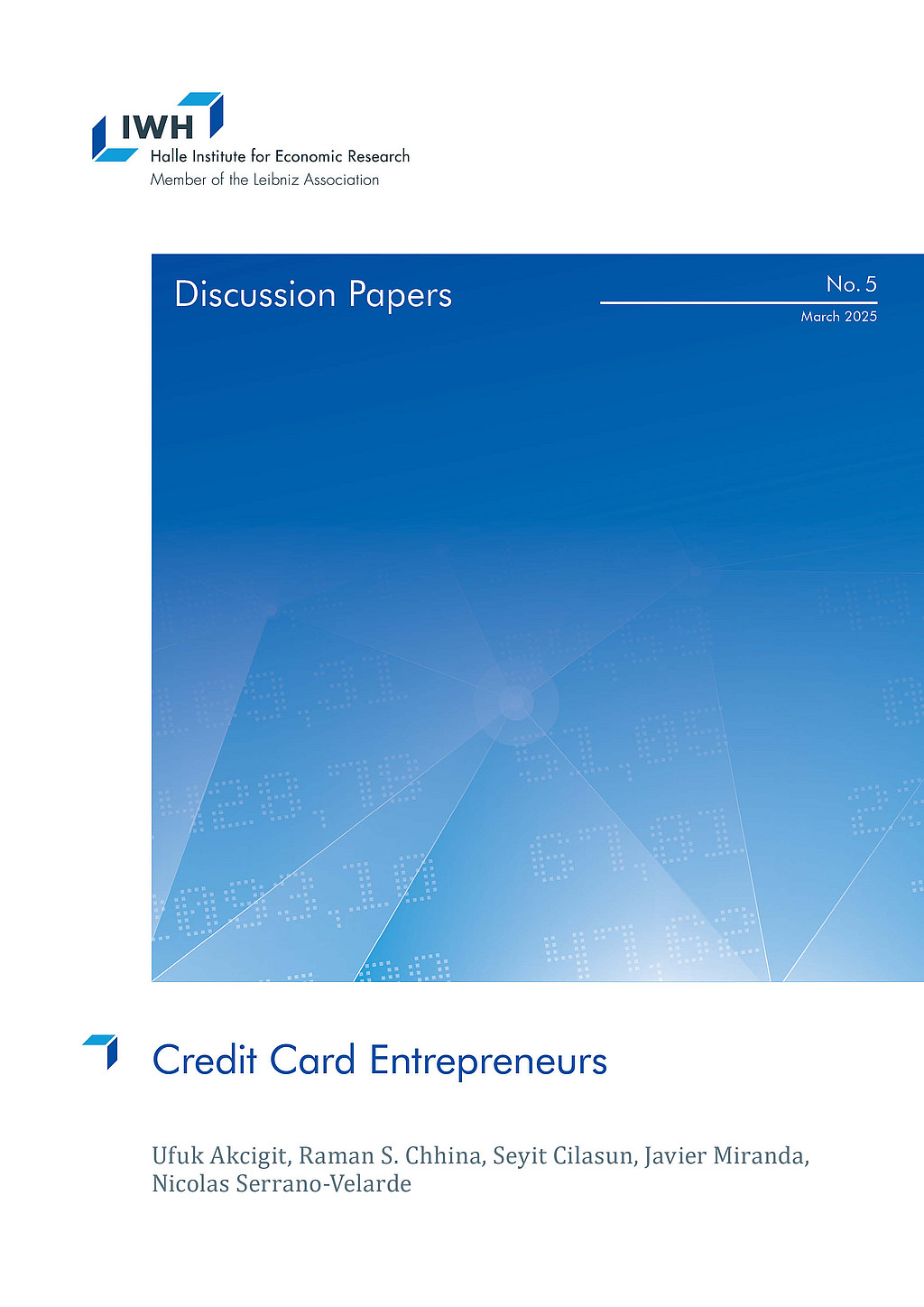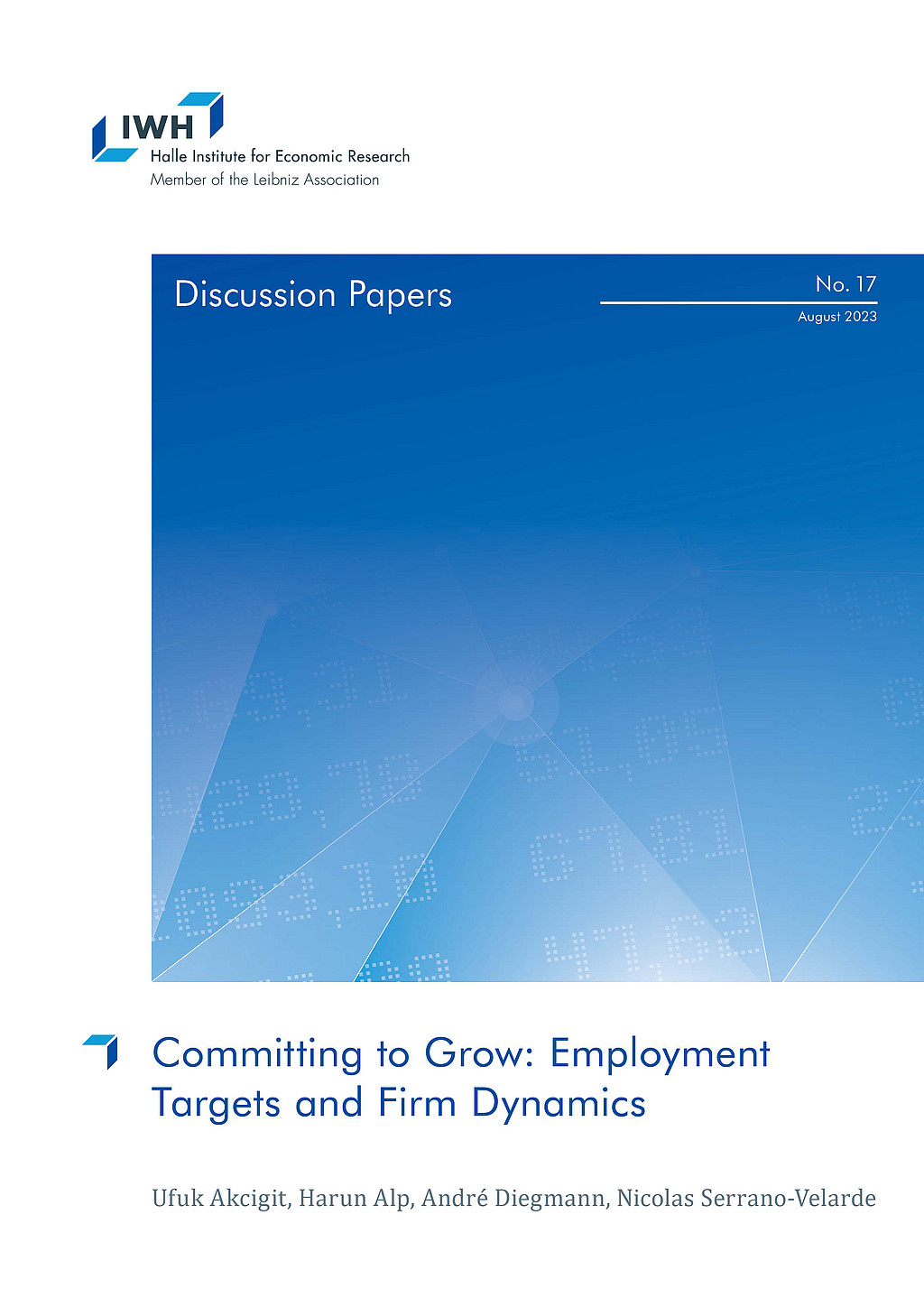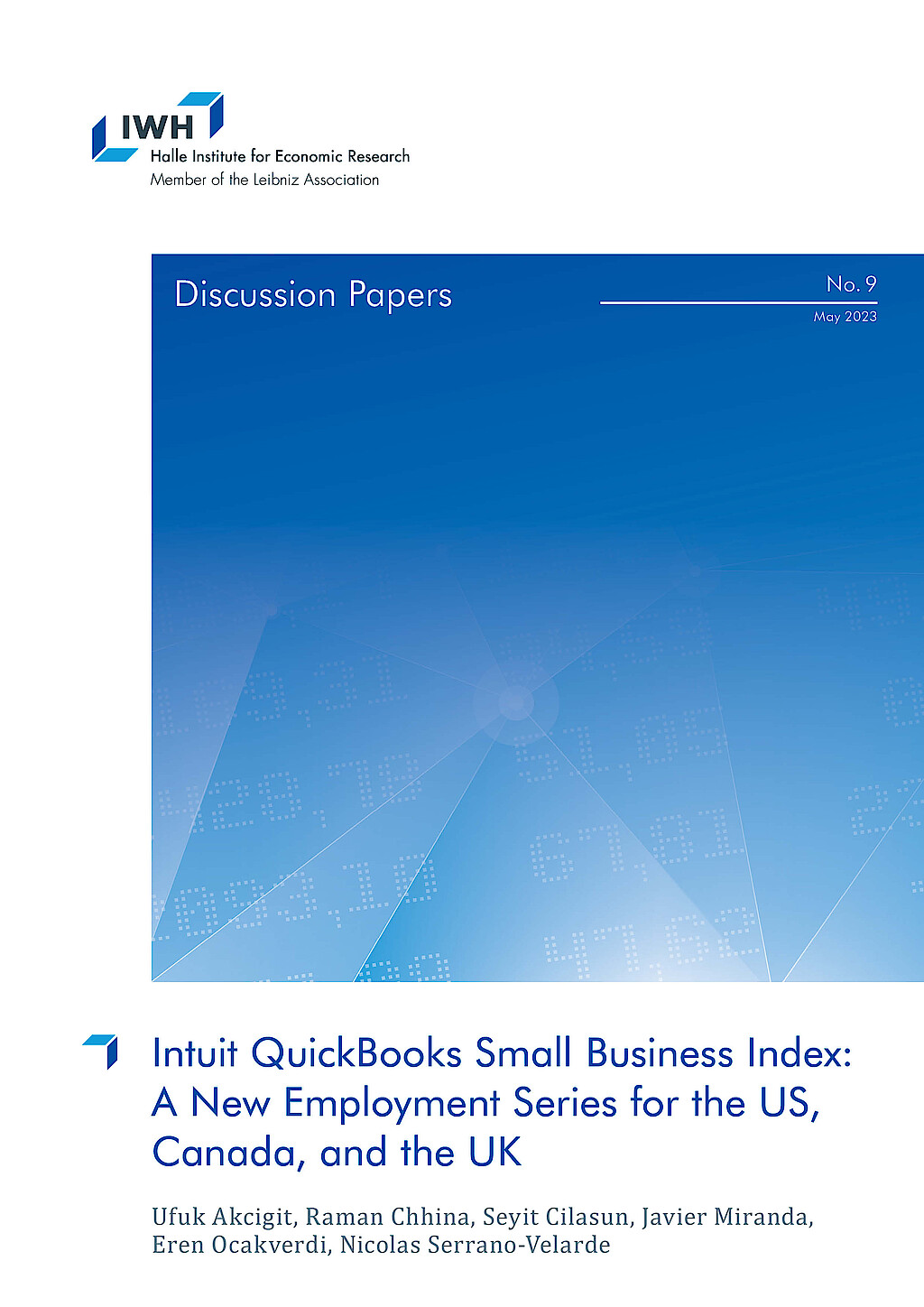Professor Nicolas Serrano-Velarde, Ph.D.
Aktuelle Position
seit 8/20
Forschungsprofessor
Leibniz-Institut für Wirtschaftsforschung Halle (IWH)
seit 2018
Associate Professor
Bocconi University
Forschungsschwerpunkte
- Finanzintermediation
- Corporate Finance
- Entrepreneurship
- Innovation
Nicolas Serrano-Velarde ist seit August 2020 Forschungsprofessor am IWH. Seine Forschungsschwerpunkte liegen in den Bereichen Corporate Finance, Finanzintermediation sowie Entrepreneurship und Innovation.
Nicolas Serrano-Velarde ist Associate Professor an der Bocconi University.






